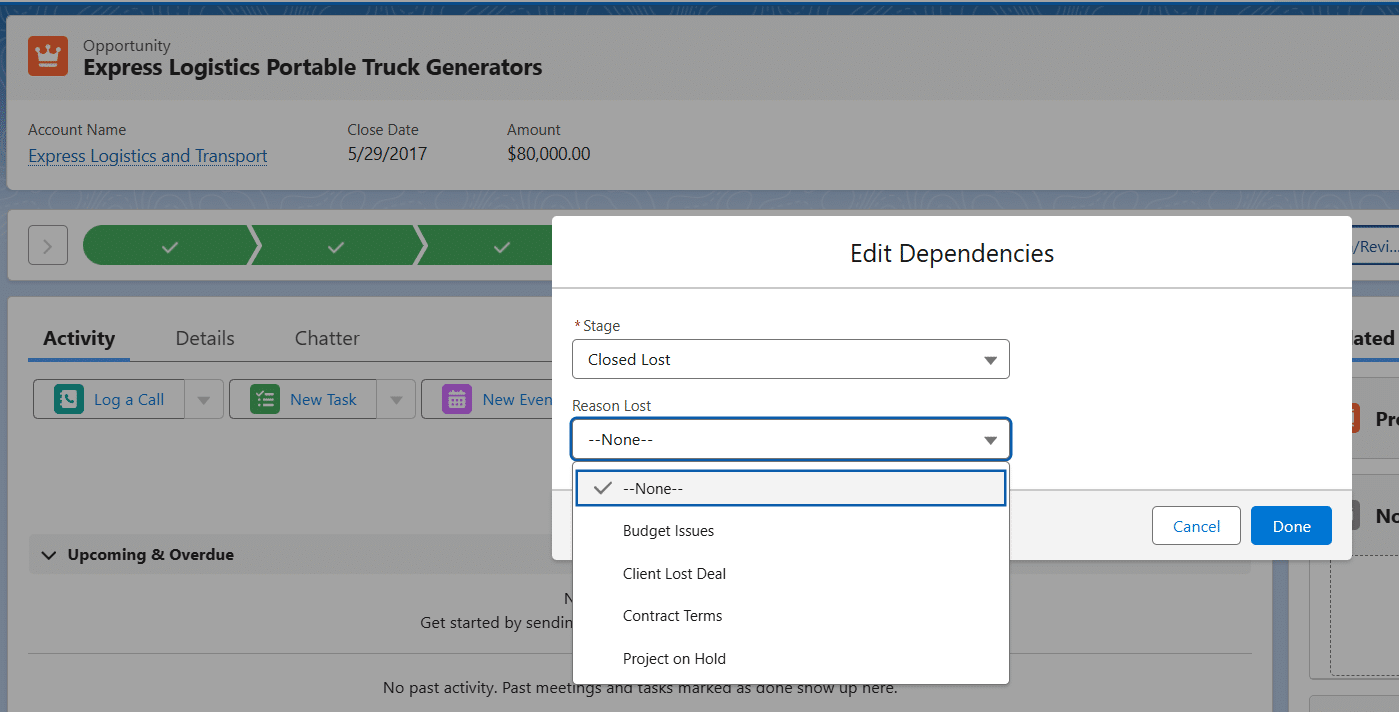One of the great advantages of Salesforce is its vast partner network.
Salesforce partners offer a broad spectrum of services with all kinds of names and plans (usually collectively referred to as “Salesforce Consulting”), which can be often confusing.
The aim of this post is to clarify types of partner service to enable apples-to-apples comparison and provide guidelines which services to choose in each situation.
The Need for Salesforce Services
A common question is: why would anyone need additional services for Salesforce? After all, it’s a cloud-based CRM that’s easy to order and set up online. However:
- Salesforce is much more than just a CRM — it is a comprehensive platform with a wide range of components and applications, such as customer support, CPQ (Configure, Price, Quote), marketing automation, business intelligence, and many more.
- Configuring some of these components requires significant effort. For example, implementing CPQ involves creating and importing price books, customizing quote templates, designing approval workflows, and more.
- Even the standard CRM configuration might not perfectly align with your specific sales processes. If not tailored properly, it could hinder rather than help your sales team.
- Salesforce is also a low-code development platform allowing building custom applications, implementing complex business logic, creating user interface components and handling handle large-scale data processing.
Salesforce Service Types
Regardless of the specific naming conventions used by partners, all Salesforce-related services can be grouped into the following categories:
| Consulting and Advisory Services | Consulting and Advisory Services help businesses unlock the full potential of the Salesforce platform and its ecosystem by defining business goals, budgets, platform components, and high-level architecture. |
| Implementation Services | Project-based implementation services for Salesforce aimed at deploying large pieces of functionality such as Salesforce CPQ, ServiceCloud, Pardot and others. Implementations typically involve installation of relevant platform components or third-party applications, customizations, data migrations, testing, going live well as user training. |
| Managed Services | Managed services help with day-to-day administration and configuration support as a service. Every Salesforce instance requires ongoing maintenance, such as adding fields, modifying layouts, updating reports, configuring security, and more. For smaller businesses, building and maintaining this expertise in-house may not be cost-effective. Managed Services can also be leveraged to augment in-house teams with specialized support. |
| Development Services | Salesforce Development Services involve custom coding with Apex, creating Lightning components, building integrations and others and are performed by Salesforce developers. |
Greenfield Salesforce Deployments
For greenfield Salesforce deployments, the typical order of consuming Salesforce services is as follows:
Consulting → Implementation & Development → Managed Services
Let’s consider a hypothetical scenario:
Initial State
X Corp. currently uses Excel for pricing and manual quoting, Zoho CRM for account management and sales, and JIRA for its service desk. To minimize “swivel-chairing” and improve information flow, X Corp. aims to consolidate these systems onto the Salesforce platform.
Consulting Phase
- A high-level solution architecture is designed: CRM changes to align with the sales process, CPQ for quoting and Service Cloud for customer support.
- Data migration strategy is outlined.
- Budget is planned.
- Implementation plan and roadmap are prepared.
Implementation Phase
Implementation is divided into three distinct stages: CRM migration, CPQ implementation and Service Cloud. Each stage is treated as a separate project with its own man-hour budget. Training materials are prepared to support user adoption.
Managed Services
Following the implementation, managed services help X Corp. with day-to-day administration and maintenance.
Non-Greenfield Scenarios
While the order outlined above is suitable for greenfield deployments, real-world situations are often more complex. In most cases, Salesforce is already in use to some degree, typically as a CRM.
Managed Services can be an effective starting point for non-greenfield scenarios, before diving into consulting or larger implementations, as they allow partners to gain an understanding of the business upfront.
Also, for many types of implementations (such as CPQ), a cleanup phase is needed to make sure that:
- The CRM configuration aligns with and supports the sales process.
- The data structure is accurate, with all necessary fields included and unnecessary ones removed.
- Data is clean and accurate.
- Security settings are properly configured to reflect the organizational structure.
- Data integrity and de-duplication mechanisms are in place.
Summary
Salesforce, in its out-of-the-box form, functions as a basic CRM. However, unlocking its full potential typically requires customizations such as tailoring it to your organization’s specific sales processes, adding additional platform features or even developing custom code and components.
Nexteris offers a comprehensive suite of services, including Salesforce development, consulting, implementation, and managed services, to help organizations increase revenue, enhance profitability, and improve efficiency by leveraging the full capabilities of the Salesforce platform.
Contact us today to find out how we can help you.
This site is protected by reCAPTCHA and the Google Privacy Policy and Terms of Service apply.



